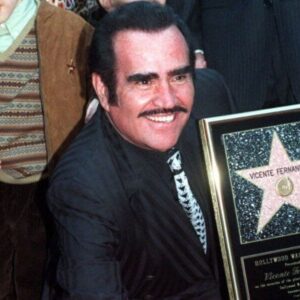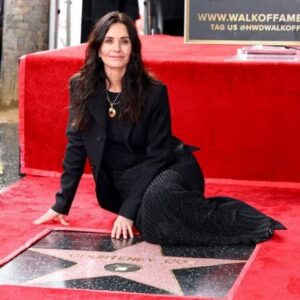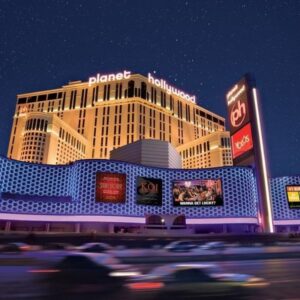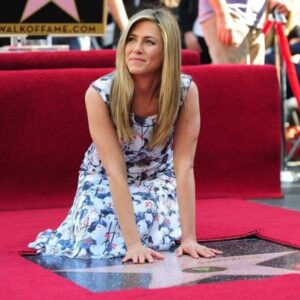Is Hollywood Racist? What is this Hollywood Racist about? On August 15, the Academy of Motion Picture Arts and Sciences announced that it had apologised to Sacheen Littlefeather, a Native American activist who suffered abuse when she took a stand in the 1970s against anti-Indigenous racism in the United States film industry.
Littlefeather was racially abused after she declined Marlon Brando’s Best Actor award for The Godfather on his behalf and gave a passionate 60-second speech on the stereotypes of Native Americans in the entertainment industry.
Is Hollywood Racist?
It is challenging to draw simple conclusions about Hollywood’s racism in such a multifaceted and varied city. The entertainment sector has a wide range of aspects, some of which are more progressive than others.
One the one hand, racism and prejudice have a long history in Hollywood. For instance, Asian performers were frequently whitewashed or completely removed from movies, while Black actors were frequently cast in clichéd parts. In Hollywood, there has been an increasing push in recent years for inclusion and diversity. There is still a long way to go, though.
Hollywood, on the other hand, has also created a large number of motion pictures and television programs that have opposed racism and advanced social justice. For instance, the television series “Insecure” delves into the lives of two Black women in Los Angeles, while the movie “Moonlight” narrates the tale of a young Black man growing up in Miami. The impact that racism has on people of color has been brought to light by these movies and television programs.
In the end, it’s difficult to say for sure if Hollywood is racist because so much depends on it. It is crucial to keep in mind that Hollywood is not a single, homogenous organization and that a wide range of individuals with diverse viewpoints work there. It’s also critical to recognize that, despite a lengthy history of racism in Hollywood, there is a growing push toward diversity and inclusion.
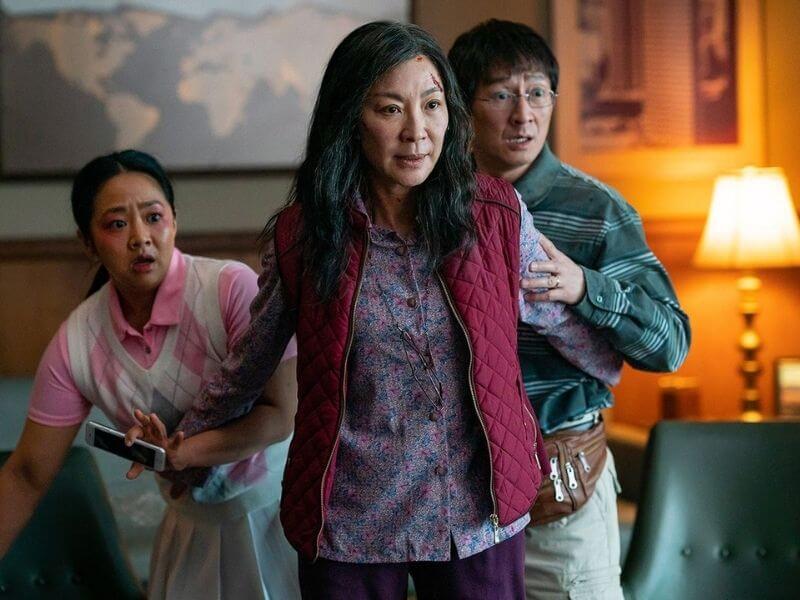
What is this Hollywood Racist about?
For many years, Hollywood has faced criticism for how minorities are portrayed in movies and television series. People of color have allegedly been tokenized, stereotyped, and whitewashed by the film industry.
In Hollywood, there has been an increasing push in recent years for inclusion and diversity. There is still a long way to go, though. For instance, a 2020 University of Southern California study discovered that 75.1% of speaking roles in Hollywood productions in 2019 were occupied by white actors.
There are several explanations for the racism accusations made against Hollywood. One explanation for this is the predominance of white individuals in the film business. A 2020 University of California, Los Angeles research found that 82% of film directors and 85% of studio executives are white. The films that are produced are significantly impacted by this lack of diversity in leadership roles.
The fact that Hollywood frequently promotes negative stereotypes about people of race is another factor contributing to the city’s racism accusations. For instance, Asian people are frequently portrayed as exotic or servile, whereas Black people are frequently portrayed as athletes or criminals. People of color may experience harmful effects from these misconceptions in their everyday lives.
In Hollywood, there has been an increasing push in recent years for inclusion and diversity. Actors, directors, producers, and activists have spearheaded this campaign to increase the representation of people of color in motion pictures and television programs. While there has been considerable improvement as a result of this effort, much work remains.
It’s crucial to remember that not every Hollywood movie or television program features racism. Numerous motion pictures and television programs have received recognition for their realistic and diverse representation of persons of color in their casts. But it’s also critical to recognize that racism in Hollywood has a long history and that much work still to be done.
Someone marveled that she spoke English
Yeoh, who plays failing-laundromat-owner-turned-superhero Evelyn Wang in the film, arrived in Hollywood after many successful years as an actor in Hong Kong.
She soon learned the reality of the US entertainment industry was different from what she expected.
“It was a dream come true until I got here,” Yeoh said as she accepted a Golden Globe award for best actress. “Because, look at this face. I came here and was told, ‘You’re a minority.’ And I’m like, ‘No, that’s not possible.’
“And then someone said to me, ‘You speak English!’ …and then I said, ‘yeah, the flight here was about 13 hours long so I learned.”
Yeoh was born in Malaysia and grew up speaking English, like many people who live in Asia and around the world.
“Everything Everywhere All at Once” is her first time receiving top billing in a Hollywood movie. Yeoh, 60, told CNN’s Christiane Amanpour that it’s been a long time coming.
“You receive scripts. And as the years get bigger, the numbers get bigger, the roles seem to shrink with that. As you know, as a woman, as an Asian woman… somehow they start putting you in boxes. And it’s always the guy who gets to go on the adventure and save the world,” Yeoh said.
The part of Evelyn in the script from writer-director duo Daniel Kwan and Daniel Scheinert instantly grabbed her attention.
“This is a very ordinary woman, an Asian, immigrant woman, who is dealing with all the problems that we all can relate to,” Yeoh told Amanpour. “And what I loved about it, it was like this is an ordinary woman who is being seen, who’s given a role to play as a superhero.”
As she finished her best actress acceptance speech and got ready to step offstage on Oscars night, Yeoh spoke with the triumphant joy of someone who’s finally being seen in Hollywood as the versatile actor she’s always been.
“Thank you to the Academy,” she said. “This is history in the making.”
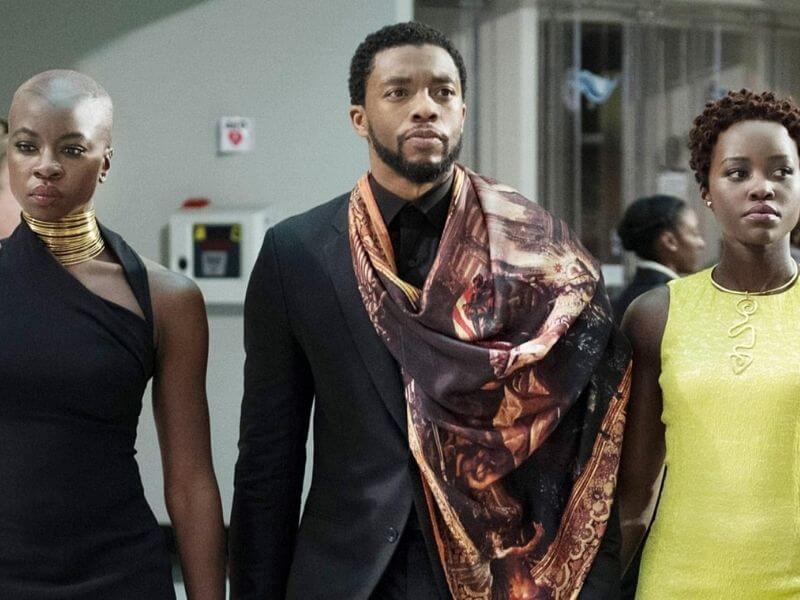
His phone stopped ringing because there weren’t enough roles for Asian actors
Ke Huy Quan teared up as he cradled the award in his arms.
“My journey started on a boat. I spent a year in a refugee camp. And somehow, I ended up here on Hollywood’s biggest stage,” Quan said after winning an Academy Award for best actor in a supporting role for his portrayal of the hapless yet heroic Waymond Wang.
“They say stories like this only happen in the movies. I cannot believe it’s happening to me. This — this is the American dream.”
But Quan has acknowledged the bumps in his journey, too, and how he almost gave up on his dreams when opportunities dried up.
Quan was born in Saigon and came to Los Angeles in 1979 after fleeing Vietnam and living in Hong Kong as a refugee after the war ended. He began his Hollywood career as a beloved child actor in “Indiana Jones and the Temple of Doom” and “The Goonies.” He kept on auditioning after that, but his phone stopped ringing, Quan told The New York Times.
“When I stepped away from acting, it was because there were so few opportunities,” Quan said as he won a Screen Actors Guild Award (SAG) for outstanding supporting actor.
Quan reimagined his career path, going on to study film at the University of Southern California and to work behind the scenes as a stunt coordinator and assistant director. He wouldn’t have another film role for nearly 20 years.
Seeing the Asian cast of the 2018 movie “Crazy Rich Asians” made him realize how much he missed acting. And as soon as he came across the “Everything Everywhere” script, he knew he was the right person to play Waymond.
“I wanted it more than anything. I thought it was written for me,” Quan told Boston NPR news station WBUR.
His big-screen comeback has earned him rave reviews and numerous accolades, including Golden Globe, Critics Choice and SAG awards for best supporting actor. And Quan, 51, says these days he’s feeling more optimistic about the Hollywood prospects for him and other Asian actors.
“The landscape looks so different now than before,” Quan said at the Screen Actors Guild awards. At that ceremony, he noted he was the first Asian actor to win in the best supporting actor category.
“This moment no longer belongs to just me,” he said. “It also belongs to everyone who has asked for change.”
He went on to offer words of encouragement for others who may feel the way he did for decades.
“To all those at home who are watching, who are struggling and waiting to be seen, please keep on going, because the spotlight will one day find you.”
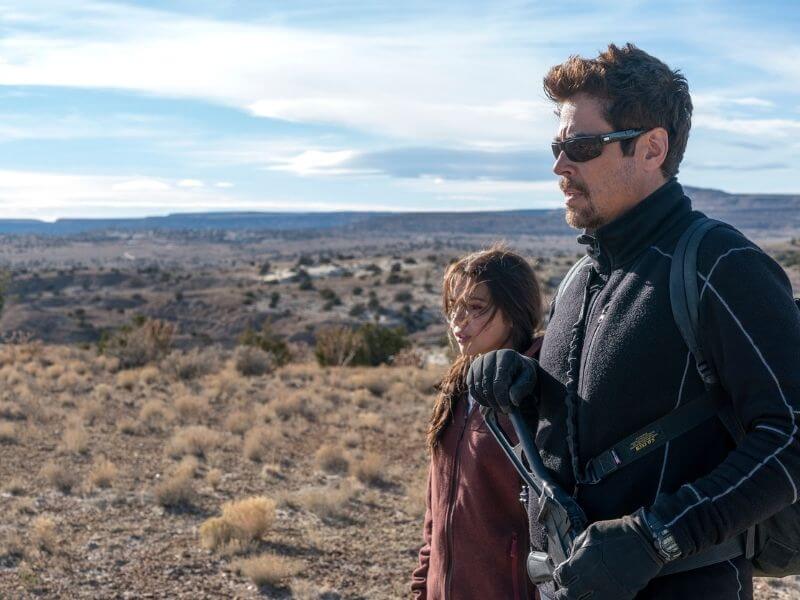
Above is information about Is Hollywood Racist? What is this Hollywood Racist about? that we have compiled. Hopefully, through the above content, you have a more detailed understanding of Hollywood Racist. Thank you for reading our post.
